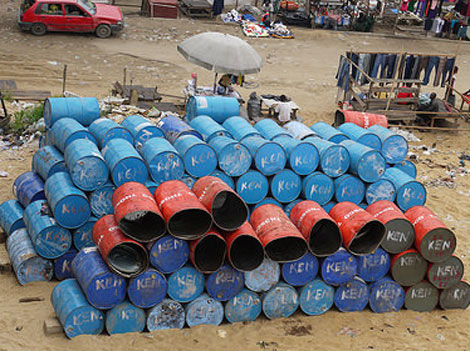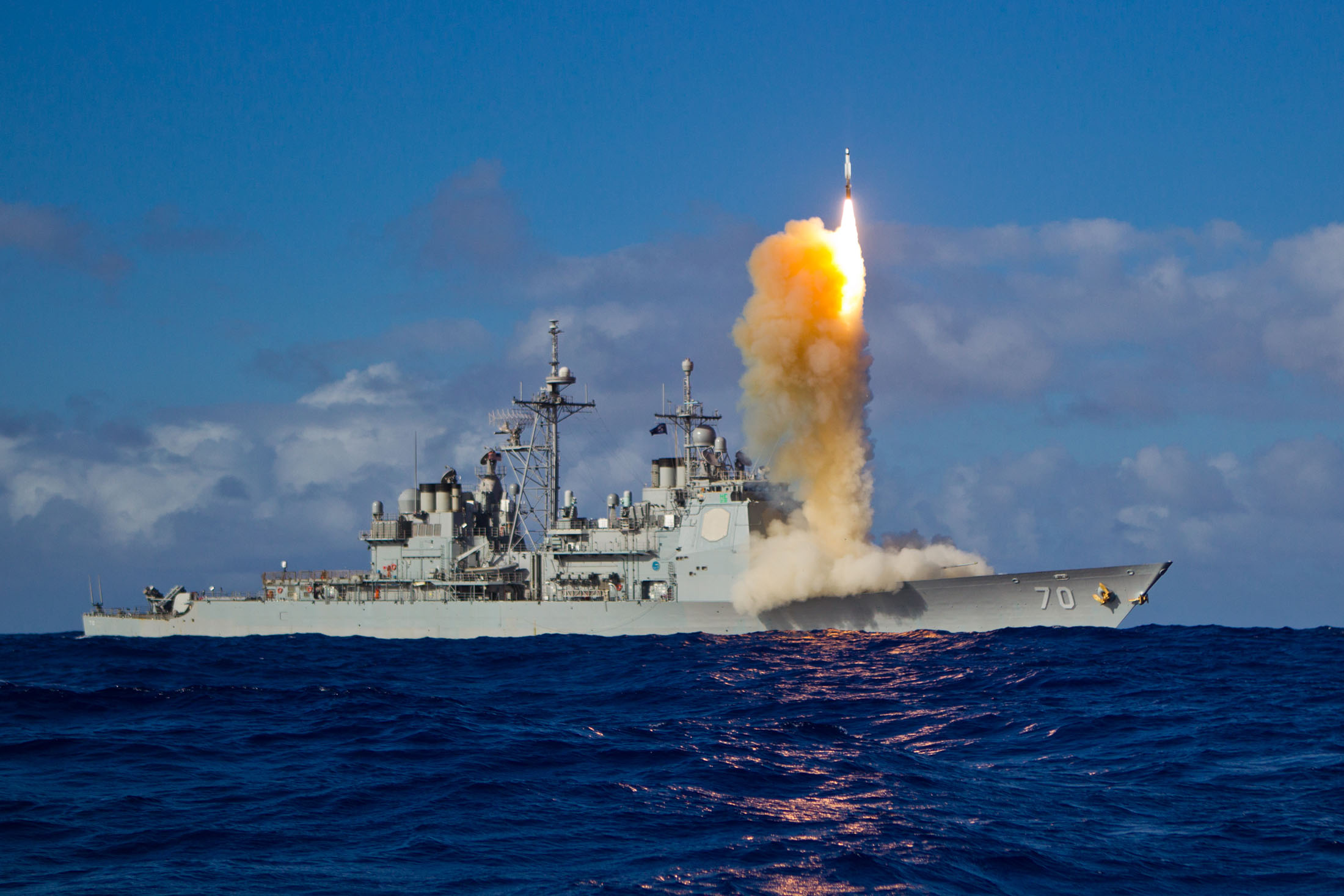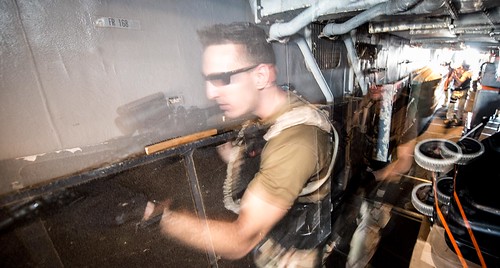
This article was originally published on 12 January 2015 by New Security Beat, the blog of the Environmental Change and Security Program (ECSP) at the Wilson Center.
One in five African states produce hydrocarbons, and most of these are heavily dependent on oil and gas revenues to finance their governments and generate foreign exchange. Further, an emerging group of East African states are waiting on international oil companies to develop new oil and gas reserves. But Africa’s record using non-renewable oil and gas resources to trigger economic and social development is poor – and plummeting prices may portend more instability to come.




